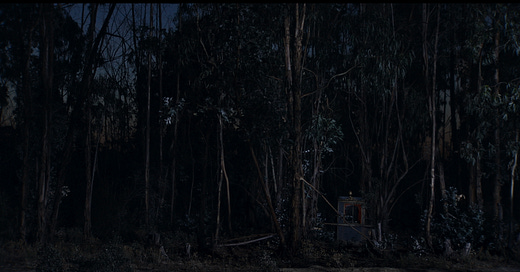
Housekeeping
Welcome to Movie Enthusiast’s new home on Substack! Thank you TinyLetter for your service. I migrated mostly for my own sake, since Substack’s composing, editing, and archival features are easier to work with. Hopefully things won’t be too different on your end, aside from an email that looks slightly cleaner and a more easily navigable arch…



